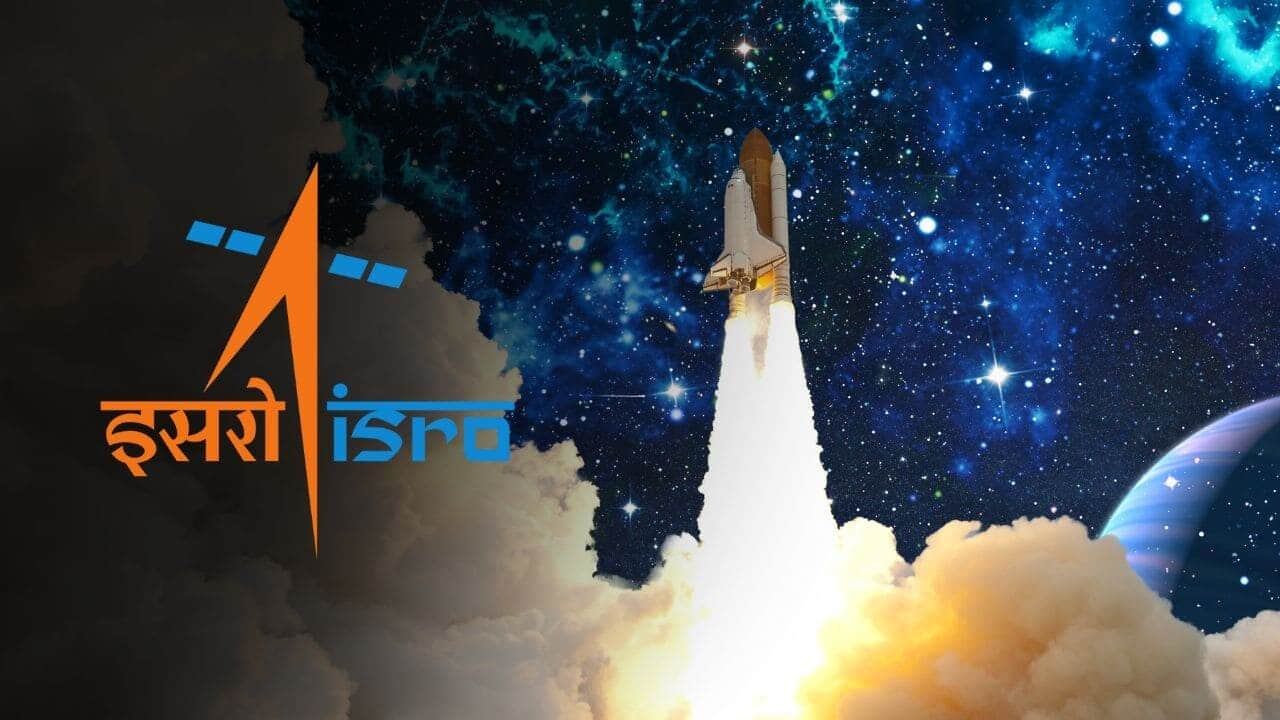
India's space sector returns $2.54 for every dollar invested: Report
What's the story
A report titled "Socio-economic impact analysis of Indian space program" has revealed that for every $1 invested in India's space sector, an extra $2.54 has been contributed to the national economy. The study conducted by Econ One and Euroconsult, was commissioned by the Indian Space Research Organisation (ISRO). It was released yesterday as part of the National Space Day celebrations.
Cost-effectiveness
Frugal approach to space exploration
ISRO is recognized for its cost-effective yet highly successful approach to space exploration. Despite operating on significantly smaller budgets than other global space agencies, it consistently delivers impressive results. The total investment in ISRO over the past 55 years since its inception is less than a single year's budget of NASA, the US space agency. For instance, the Mars Orbiter Mission (Mangalyaan) cost only about $74 million, a fraction of what other countries spend on similar missions.
Economic impact
Space sector's significant contribution to GDP
The report found that the Indian space industry contributed $60 billion to the Indian GDP over the last decade through direct, indirect, and induced effects. The estimated revenues of India's space sector have increased from $3.8 billion in 2014 to $6.3 billion in 2023. "It has supported more than 4.7 million jobs in the country, and we estimate that it employs directly 96,000 jobs through the public and private sector," said Steve Bochinger, affiliate executive advisor of Euroconsult.
Social influence
Social impact and future prospects of India's space program
The report highlighted the social impact of India's space program, noting its contributions to national prestige, sovereignty, as well as international leadership. However, it indicated a lower level of impact in terms of competitiveness and market access due to political considerations driving the National Space Program over the last decade. The report also pointed out challenges facing the Indian space sector such as regulatory issues, financing difficulties, infrastructure deficits, market context challenges, workforce concerns and international factors.
Laurels
ISRO's achievements
As per the report, ISRO helps eight lakh fisher folk daily and 1.4 billion Indians get the benefit of satellite-based weather forecasts. It also stated that India has launched 97 rockets and orbited 432 foreign satellites. The number of operational satellites owned by the Centre is 22 in LEO (Low Earth Orbit) and 29 in GEO (Geo-synchronous Earth Orbit). In addition, three deep space missions were active by 2023-end, namely Chandrayaan-2 orbiter, Aditya-L1, and the Propulsion Module of Chandrayaan-3.